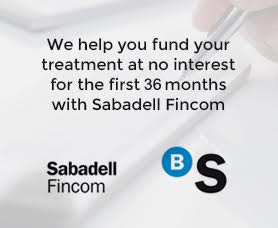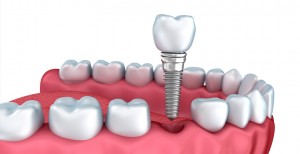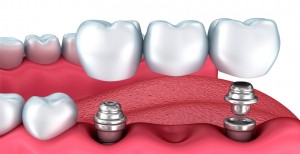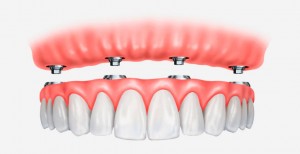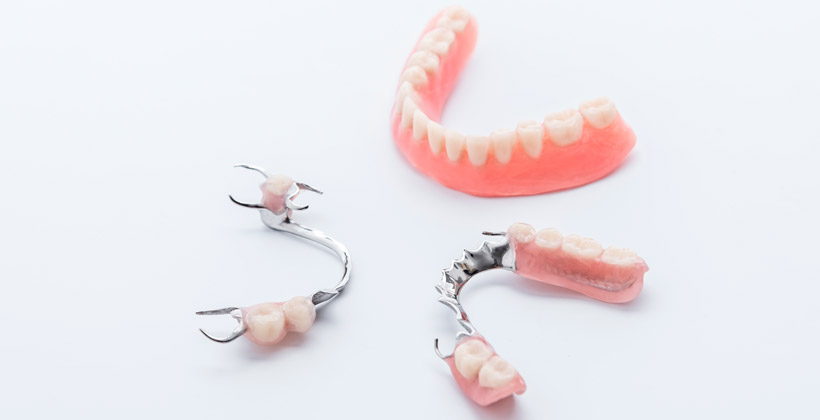Prosthodontics is that branch of dentistry focused on restoration and maintenance of oral function through prosthetic devices. Dental prosthesis can be either tooth-supported or implant supported. They can also be fixed or removable.
Fixed tooth-supported prosthesis can be classified as the following:
- Partial ie, inlays, onlays and overlays
- Complete ie crowns (replace whole tooth) and bridges (substitute several teeth)
Similarly, fixed implant-supported prosthesis can be designed to replace one tooth (single)or several teeth (implant supported bridges, hybrids or overdentures).

